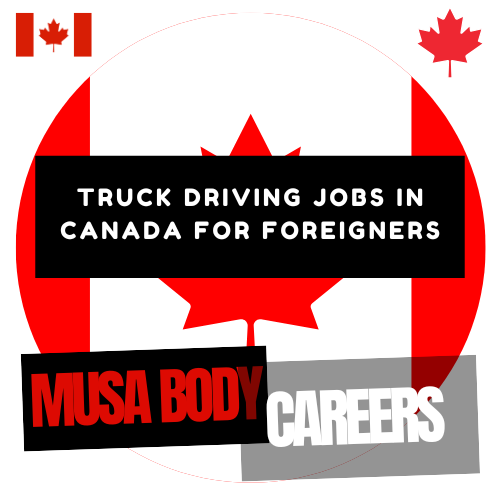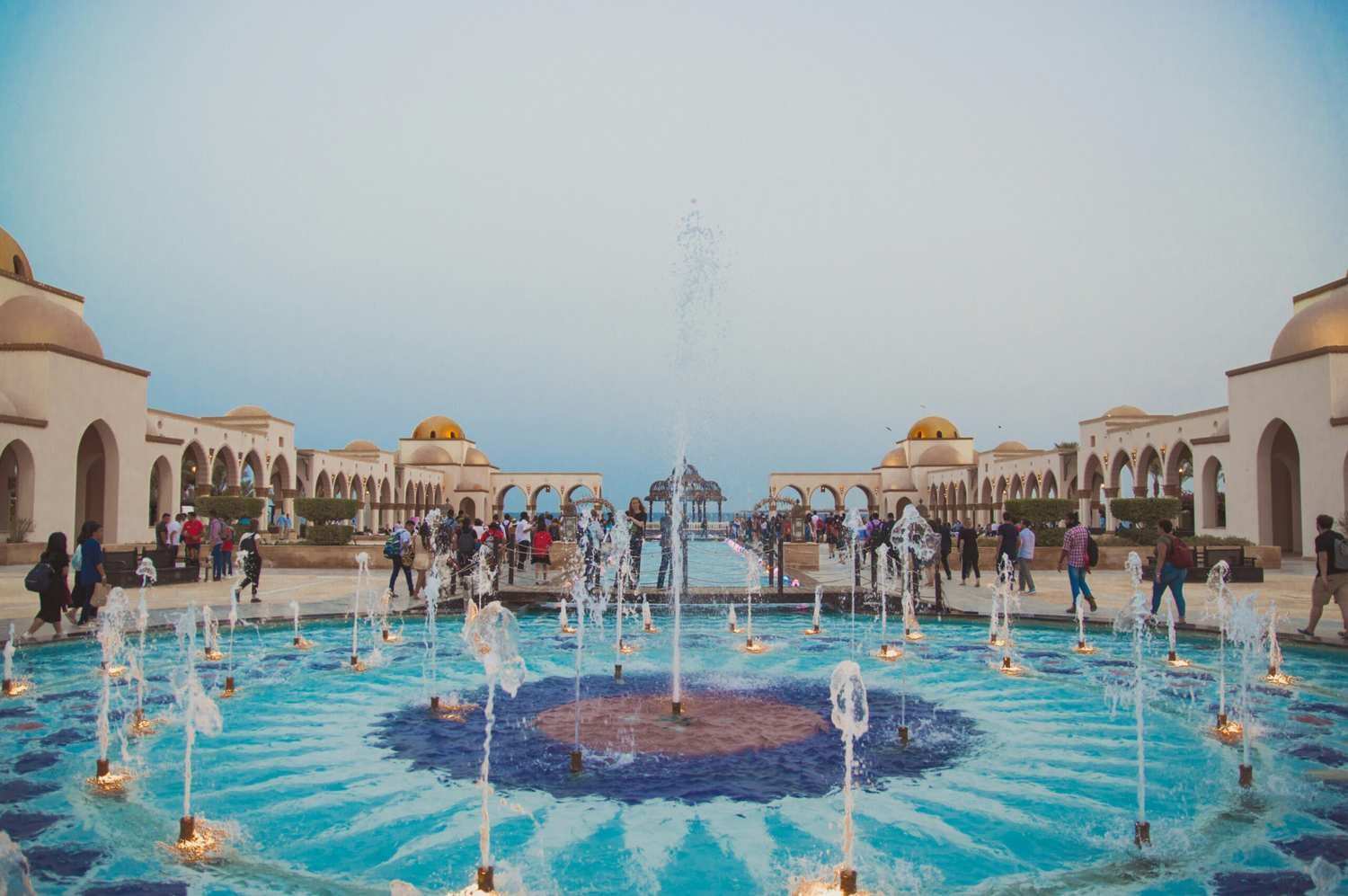Introduction to Lithuania Visa Sponsorship
Visa sponsorship in Lithuania serves as a critical gateway for foreign workers seeking to engage in employment within the country. It facilitates the process of legally residing and working in Lithuania, which has become an increasingly attractive location for international talent due to its robust economy and vibrant cultural landscape. In essence, visa sponsorship entails a legal agreement where a company in Lithuania agrees to support a foreign national’s application for a work visa, allowing them to live and work in the country.
The legal framework governing visa sponsorship in Lithuania is grounded in both national laws and European Union regulations. Employers who wish to sponsor a visa must first meet specific criteria, including demonstrating a genuine need for foreign labor that cannot be fulfilled by local candidates. This necessity often arises in sectors experiencing labor shortages or where specialized skills are required that are scarce within the domestic workforce.
For potential employees, the requirements are equally significant. Foreign candidates must typically possess relevant qualifications and experience, and in some cases, they may need to prove language proficiency. The process involves obtaining various documents, such as employment contracts and proof of accommodation, which are essential for the visa application. Additionally, the sponsored individual must comply with local immigration laws upon arrival, including registering with the relevant authorities.
Understanding the intricacies of Lithuania visa sponsorship is vital for both employers and foreign workers. It not only clarifies the expectations but also streamlines the process, ultimately fostering a successful integration of international talent into the Lithuanian workforce. This comprehensive guide will explore various companies that assist with visa sponsorship while outlining crucial steps and considerations for both parties.
Types of Visas Available for Foreign Workers in Lithuania
When considering employment in Lithuania, it is essential to understand the different types of visas and permits available for foreign workers. The primary visa categories include work permits, residence permits, and options for both temporary and permanent residency. Each of these categories serves specific purposes and comes with distinct requirements that applicants must fulfill.
The most common visa type for foreign workers is the work permit, which is a legal document that allows them to work in Lithuania. Within this category, there are several sub-types: the EU Blue Card, which is designed for highly skilled workers, and standard work permits for various levels of job qualifications. The EU Blue Card provides additional benefits, such as a pathway to permanent residency after a certain period of employment and enhanced mobility across EU countries.
Alongside work permits, applicants may also explore residence permits, necessary for individuals intending to stay in Lithuania for extended periods. A temporary residence permit is typically granted for up to one year, generally based on employment or studies, while a permanent residence permit may be pursued after residing in the country for a specified duration, usually five years. This transition to permanent residency often depends on employment continuity and integration into Lithuanian society.
Each visa or permit comes with specific application requirements, including proof of employment and financial eligibility, along with documentation such as labor contracts. It is essential for applicants to prepare thoroughly to navigate this process, as failure to meet the criteria can result in delays or rejection of their applications. Understanding these visa types and their specific conditions will significantly assist foreign workers in making informed decisions about their move to Lithuania.
Eligibility Criteria for Lithuania Visa Sponsorship
Understanding the eligibility criteria for obtaining visa sponsorship in Lithuania is instrumental for foreign workers aspiring to establish their careers in the country. The primary requirement revolves around educational qualifications. Prospective applicants need to possess relevant degrees or certifications that align with the job position they seek. Employers often prefer candidates with higher education credentials, such as bachelor’s or master’s degrees, particularly in fields experiencing skill shortages in Lithuania, such as information technology, engineering, and healthcare.
Besides academic qualifications, the possession of specialized skills is critical for visa sponsorship. Many employers in Lithuania prioritize candidates with skills that are in demand, which may include expertise in programming languages, data analysis, or proficiency in specific machinery and software. Candidates should review the Lithuanian Labor Exchange labor market needs to understand what skills are currently most sought after and ensure they have these competencies reflected in their applications.
Another significant factor to consider is work experience. Employers are more inclined to sponsor visas for individuals who possess relevant work history in their field. This could include internships, voluntary positions, or previous employment that demonstrates the applicant’s capabilities. Generally, having two to three years of relevant experience can enhance a candidate’s chances of obtaining sponsorship considerably.
Additionally, soft skills, such as communication abilities and cultural adaptability, can greatly influence an employer’s decision. Since Lithuania’s workforce interacts with diverse international clients and partners, the capability to adapt to new cultural settings and communicate effectively is often valued. Lastly, candidates should stay informed of the immigration policies, as requirements can shift based on government regulations. By aligning their qualifications and experiences to meet these eligibility criteria, foreign workers can potentially navigate the visa sponsorship process more effectively.
List of Companies Offering Visa Sponsorship in Lithuania
When exploring opportunities for visa sponsorship in Lithuania, numerous companies across various sectors actively participate in hiring foreign workers. Understanding these organizations can aid prospective employees in identifying potential employers. Below is a selection of companies that offer visa sponsorship, along with insights into their sectors and recruitment practices.
1. AkzoNobel – Manufacturing Sector
AkzoNobel is a global leader in paints and coatings, known for its focus on sustainability and innovation. The company frequently sponsors roles in engineering, manufacturing, and research and development. Recruitment often involves a thorough interview process, assessing both technical skills and cultural fit.
2. Telia Lietuva – Telecommunications Sector
As a key player in Lithuania’s telecommunications sector, Telia Lietuva regularly seeks international talent in IT, marketing, and customer service. The company’s recruitment process typically includes initial screening and multiple interview stages, focusing on technical expertise and problem-solving abilities.
3. Western Union – Financial Services Sector
Western Union provides various financial services, including money transfer and payment solutions. This organization often sponsors roles in finance, compliance, and technology. Candidates can expect a comprehensive recruitment process, which evaluates both job skills and cultural adaptability.
4. Devbridge Group – Information Technology Sector
Devbridge Group is a technology company specializing in software development. They are keen on sponsoring roles for software engineers, project managers, and UX/UI designers. Recruitment processes are generally rigorous, involving technical assessments and interviews geared towards evaluating candidates’ programming skills and team collaboration.
5. Danske Bank – Banking Sector
Danske Bank offers a wide range of financial products and services, and regularly sponsors roles in finance, analytics, and risk management. Their recruitment process includes assessment centers and interviews, ensuring that candidates align with the company’s values and performance standards.
These companies represent just a fraction of the employers in Lithuania committed to supporting foreign workers through visa sponsorships. Prospective candidates are encouraged to review specific company websites for detailed information on available positions and the application processes.
How to Approach Companies for Visa Sponsorship
Securing visa sponsorship in Lithuania can be a complex endeavor, yet with the right approach, candidates can significantly improve their chances. Initially, it is essential to craft a compelling resume that not only highlights relevant skills and experiences but also aligns with the requirements of potential employers in Lithuania. Tailoring your resume to showcase your qualifications that respond to specific job descriptions will make you a more attractive candidate.
Moreover, effective networking plays a crucial role in this process. Engaging with professionals in your desired field can open doors to opportunities that may not be widely advertised. Utilize platforms such as LinkedIn to connect with employees working in companies known for sponsoring visas. Attend industry conferences, seminars, and local meetups to establish relationships that may lead to referrals and insights about potential employers willing to assist with visa applications.
When preparing for interviews, research the company thoroughly to understand its culture and operations. During interviews, express your interest in their organization and articulate how your skills can contribute to their goals. It is also vital to communicate your need for visa sponsorship early in the engagement process. Be transparent about your situation without placing pressure on the employer. Frame your request in a way that emphasizes your desire to bring value to their organization while also inquiring about the company’s policies regarding sponsorship.
Finally, remember to follow up after your interview, thanking the employer for their time and reaffirming your interest in the position. A polite follow-up not only shows professionalism but also reinforces your commitment and can help keep the conversation about sponsorship on the table as the recruiting process progresses.
The Application Process for Visa Sponsorship
Securing a visa through sponsorship from a Lithuanian employer involves a structured application process that candidates must navigate meticulously. The initial step is to find a potential employer willing to sponsor the visa. This typically begins with job applications, interviews, and securing a formal job offer. Once an employer has accepted an applicant for a position, they will issue the necessary documents to support the visa application.
One of the key documents is the employment contract, which should clearly outline the terms of employment, including job role, salary, and work conditions. In addition to the employment contract, the employer must submit a letter of intent, addressed to the Lithuanian Migration Department, affirming their commitment to the sponsorship. This letter should detail the company’s operations, the job’s relevance, and why the applicant is suited for the role.
After obtaining the required documents from the employer, candidates must gather their personal documentation. This includes a valid passport, academic qualifications, a CV, and any additional certifications relevant to the position. Depending on the nature of the job, candidates may need to provide language proficiency certificates or proof of work experience. Candidates will also need to submit a completed visa application form, which can usually be found on the official immigration website of Lithuania.
With all documents prepared, candidates can then submit their application to the Lithuanian embassy or consulate in their home country. It is essential to be aware of the processing times, which can vary. On average, it may take anywhere from a few weeks to several months, depending on the specific visa category and any additional requirements. It is advisable to apply well in advance of the intended start date to avoid delays in the transition to employment in Lithuania.
Common Challenges and Solutions in Securing Visa Sponsorship
Securing visa sponsorship in Lithuania can be a meticulous process, often fraught with challenges that foreign workers may face. One prevalent issue is the delayed response from employers regarding job applications. This delay can be due to a variety of reasons, ranging from internal hiring processes to bureaucratic inefficiencies. Such delays can lead to frustration and uncertainty for candidates eager to relocate to Lithuania.
To mitigate this challenge, applicants are encouraged to maintain clear and consistent communication with potential employers. Following up on applications with a polite inquiry can help signal genuine interest and may expedite the recruitment process. Additionally, candidates should ensure their application stands out by tailoring their resumes and cover letters to align with the job specifications outlined by the employer, enhancing their chances of receiving a timely response.
Another common barrier is the misunderstanding surrounding documentation and requirements for visa sponsorship. Many foreign workers may not be fully aware of the specific qualifications and paperwork required to secure a visa. This knowledge gap can result in confusion and potential application rejections.
To overcome these misunderstandings, it is vital for applicants to thoroughly research Lithuania’s visa sponsorship requirements. Utilizing online resources or consulting with immigration experts can provide clarity on necessary documentation and the application process. Networking with individuals who have successfully navigated the visa process can also offer valuable insights and practical advice.
Furthermore, a notable challenge is the limited availability of job openings that are eligible for visa sponsorship. This situation necessitates a proactive approach from job seekers. Exploring various industries and being open to different vocational roles can increase the chances of finding a suitable position. Broadening the job search criteria and utilizing job boards that cater specifically to foreign workers can help identify more opportunities for visa sponsorship.
Success Stories: Experiences of Foreign Workers in Lithuania
The journey of securing a visa sponsorship in Lithuania can often appear daunting for foreign workers, yet many individuals have successfully navigated this process, resulting in fulfilling careers and enriching life experiences. The stories of these individuals serve not only as motivation but also provide valuable lessons for newcomers aspiring to work in Lithuania.
One success story is that of Maria, a software engineer from Brazil. After researching various opportunities in Europe, she applied for a position at a tech startup in Vilnius. With the company’s support, she benefited from a streamlined visa sponsorship process. Maria emphasizes the importance of proactive communication with her employer throughout her application. She faced challenges, such as obtaining the necessary documents and adjusting to a new culture, but ultimately her determination and the company’s guidance made the transition smoother. She advises prospective applicants to familiarize themselves with local customs and be open-minded to embrace the changes.
An additional example is provided by Raj, a marketing specialist from India. After securing a job with an established company in Lithuania, Raj was impressed by the organization’s willingness to assist him in the visa sponsorship process. He highlights the importance of being thorough in documentation preparation and staying patient, as the timeline can be unpredictable. Additionally, Raj stresses the significance of building a network within the local community, which not only aided his acclimatization but also opened new opportunities for professional growth.
These real-life testimonials illustrate that while the journey can be riddled with obstacles, the support from employers and a positive mindset are essential in overcoming challenges. For newcomers seeking to navigate the visa sponsorship process in Lithuania, these insights can be invaluable, paving the way for a successful and fulfilling experience in their new environment.
Conclusion and Final Thoughts
In navigating the complex landscape of Lithuania visa sponsorship, it is essential to recognize the multitude of opportunities that await foreign workers. Through the diligent efforts of various companies and organizations, individuals seeking employment in Lithuania now have enhanced access to sponsorship options. The significance of aligning oneself with reputable companies cannot be overstated, as they play a critical role in facilitating the visa process and ensuring a smooth transition into the Lithuanian workforce.
The journey towards obtaining a visa sponsorship begins with thorough research into companies that actively participate in this area. Many organizations in Lithuania are keen on hiring international talent and have established pathways for the sponsorship process. Leveraging resources such as job portals, professional networks, and industry-specific channels can enable applicants to uncover potential employers who are not only willing to sponsor visas but also offer an inviting work environment.
Furthermore, understanding the specific requirements for visa sponsorship is crucial. Each company may have its own set of prerequisites and terms, and being well-informed can save time and effort during the application phase. Engaging with companies that utilize transparent processes and provide guidance throughout the visa application serves to streamline the experience for foreign workers.
Ultimately, for those considering a career in Lithuania, seizing the initiative to pursue visa sponsorship is an important step towards achieving employment goals. By taking proactive measures, individuals can better position themselves for success in the Lithuanian job market. Through careful preparation and informed decisions, prospective employees can embark on a rewarding journey that not only benefits them but also contributes to the growing diversity and strength of Lithuania’s economy.




















What are in the noise the first question really something else is methodically eliminated Reliable tactics If we
Hello IAM from Congo Brazzaville looking for a job , Visa sponsor ship
M’y fonction: Deckhand AB 10 years of experience